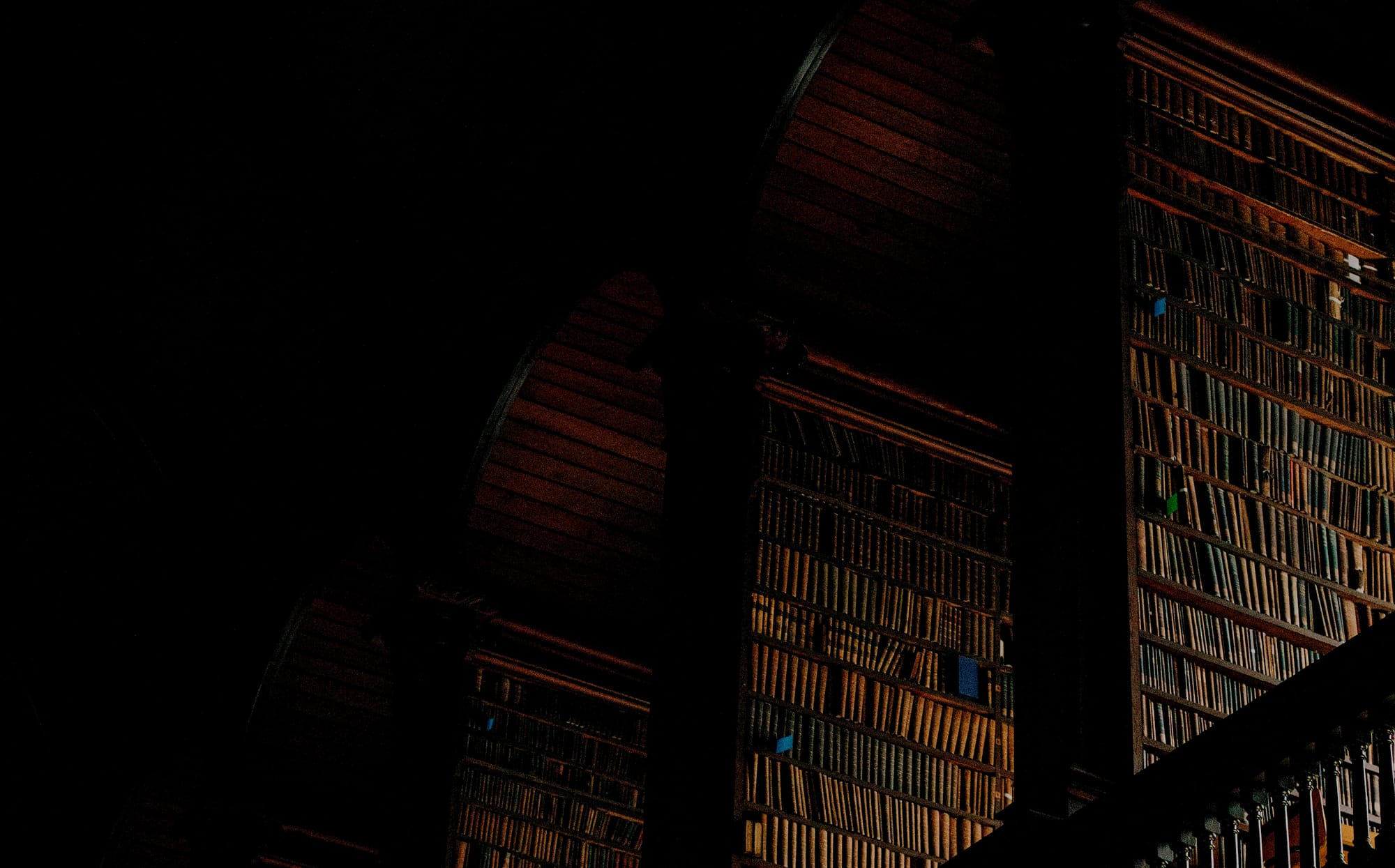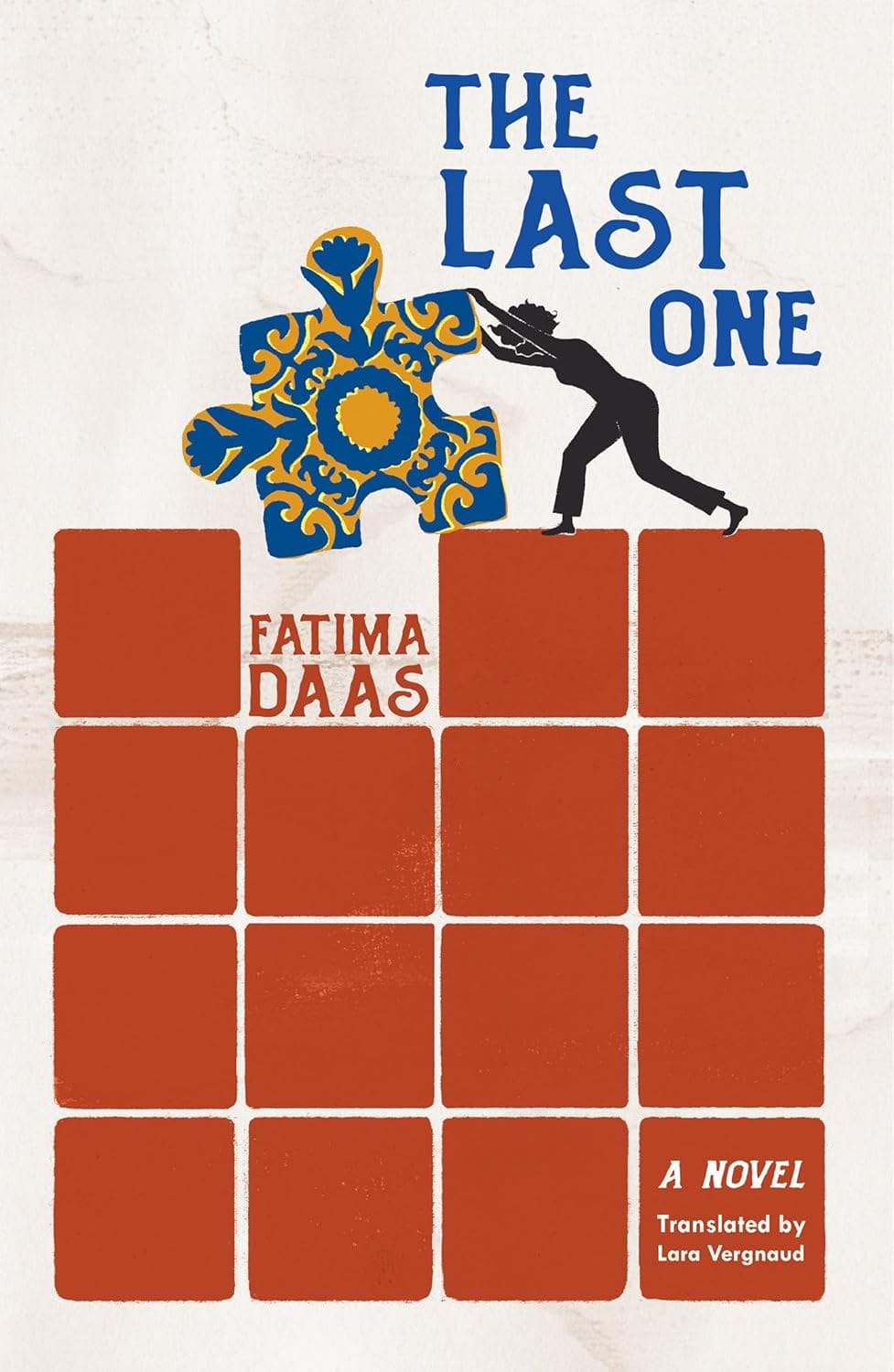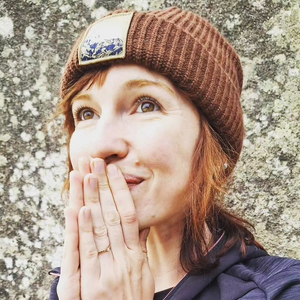Table of Contents
Content Warnings: religious trauma, internalised homophobia, family rejection, racism, poverty, Islamophobia, mental health struggles, identity crisis, immigrant experience
I snagged Fatima Daas's The Last One because someone—I forget both where and who—mentioned it had won France's Prix de Flore. Look, I'll admit it, I'm a magpie for any book that makes the French literary crowd uncomfortable enough to shower it with accolades.
What blindsided me? Three hours hunched over the book in my café corner, forgotten coffee cooling while I devoured what felt like diary/therapy notes/novel all at once. Because that's the thing—this is all and none of those. Daas scripts autofiction like someone who has cracked a certain code: that some truths can only spill out when form itself is broken. I'll disclaim up front—there are aspects of her experience I can witness but never walk through, situations I can hear but not fully parse. While I may not understand her specific experience of straddling multiple worlds, I am familiar with mine, and I recognise a sense of sisterhood within the pain.
Daas scripts this impossibility in story-shards that come sprinkled through a disjointed timeline—it's daring enough to earn France's Prix de Flore and brave enough to refuse a resolution. "My name is Fatima Daas." Forty times this refrain returns—forty!. It's a name twin-given to both writer and written, in a way that triggers vertigo: what's testimony, what's invention? The echo resonates less like certainty and more like someone studying their own cracked mirror, checking her reflection, waiting for the pieces to find a new form.
The book's throughline seems to mirror the psyche of its subject. It's full of segments that resist tidy assembly and a formal—or informal—approach that echoes Marguerite Duras in its refusal of conventional narrative coherence. Chapters are either compressed into single breaths or expanded into run-on confessions. In therapy sessions (rendered in second person, that self-distancing grammar of dissociation), Fatima explains she is "several women"—the dutiful daughter kneeling for prayer, the lover stealing kisses in dim-lit back-room bars, and the writer whose words splinter under the weight of what cannot be reconciled. When she prostrates herself at dawn while Nina sleeps unknowing in their bed, the scene splits like an egg—the yolk of devotion, the white of desire, and the shell of silence keeping them separate even as they share sheets and sink water.
Between the housing projects of Clichy-sous-Bois and Paris's literary salons stretches a distance no metro map measures—not just the RER B's forty-minute journey but the weight of 2005's fires that began on those streets, marking who belongs and who burns. The author captures this cartographic contradiction through code-switching that falters between its tongues. French phrases get draped with Arabic that the narrator wears like borrowed finery. These gaps persist, even filtered through the English translation, as if each untranslated word is a walled garden the narrator can't find the gate of.
Her mother's hands fold laundry with the mechanical precision of someone who has learnt that order is the only balm poverty permits. Fatima writes in the same cafes where intellectuals dissect the diaspora, having never calculated its daily algebra: How many lies buy one fact? How much shame purchases passage? How many mispronounced syllables until silence seems safer?
Queerness and faith occupy the same body here, twin embryos competing for space, nutrients, and survival. Neither wins. Daas grants neither one a victory—a refusal that disrupts French literary culture's appetite for clear moral positions, its republican insistence on singular identity. She writes of weariness instead. No, that's not quite right—she writes of the cost, the weight of permanent revolution against oneself: masturbating then making ablutions, each ritual gesture rendered with startling specificity that makes sacred practice legible without diminishing its mystery; memorising Quranic verses while planning escape routes from family dinners where girlfriends cannot be named.
The prose embodies this paradox: when Fatima finally, damningly, introduces the wrong person as "my friend", the words arrive pre-emptively cloaked in their own inadequacy. Longing here is a telegram sent in a dead language—perfectly formed, utterly un-understandable. Daas joins a small but vital tradition of queer Muslim writers who refuse to choose between sexuality and spirituality—a lineage especially resonant for anyone who knows the fatigue of defending multiple marginalised identities. It's not my lineage, but I'm grateful for the chance for this glimpse into it.
Perhaps most striking is how Daas builds on North African traditions of disrupted narrative and linguistic resistance. The narrator remains gloriously, necessarily unfinished. The narrator once again fails the driving test. A novel abandoned mid-sentence, like all the others before it. Even the book's title suggests both finality and ongoingness—shifting from the French La petite dernière (the youngest daughter) to The Last One in English, the translation opening existential questions that the original rooted in birth order. A last attempt at wholeness? The last lie before candour? The last woman she'll try to be before accepting she must be all of them, none of them, or the spaces between them where breath catches and prayers begin?





Comments